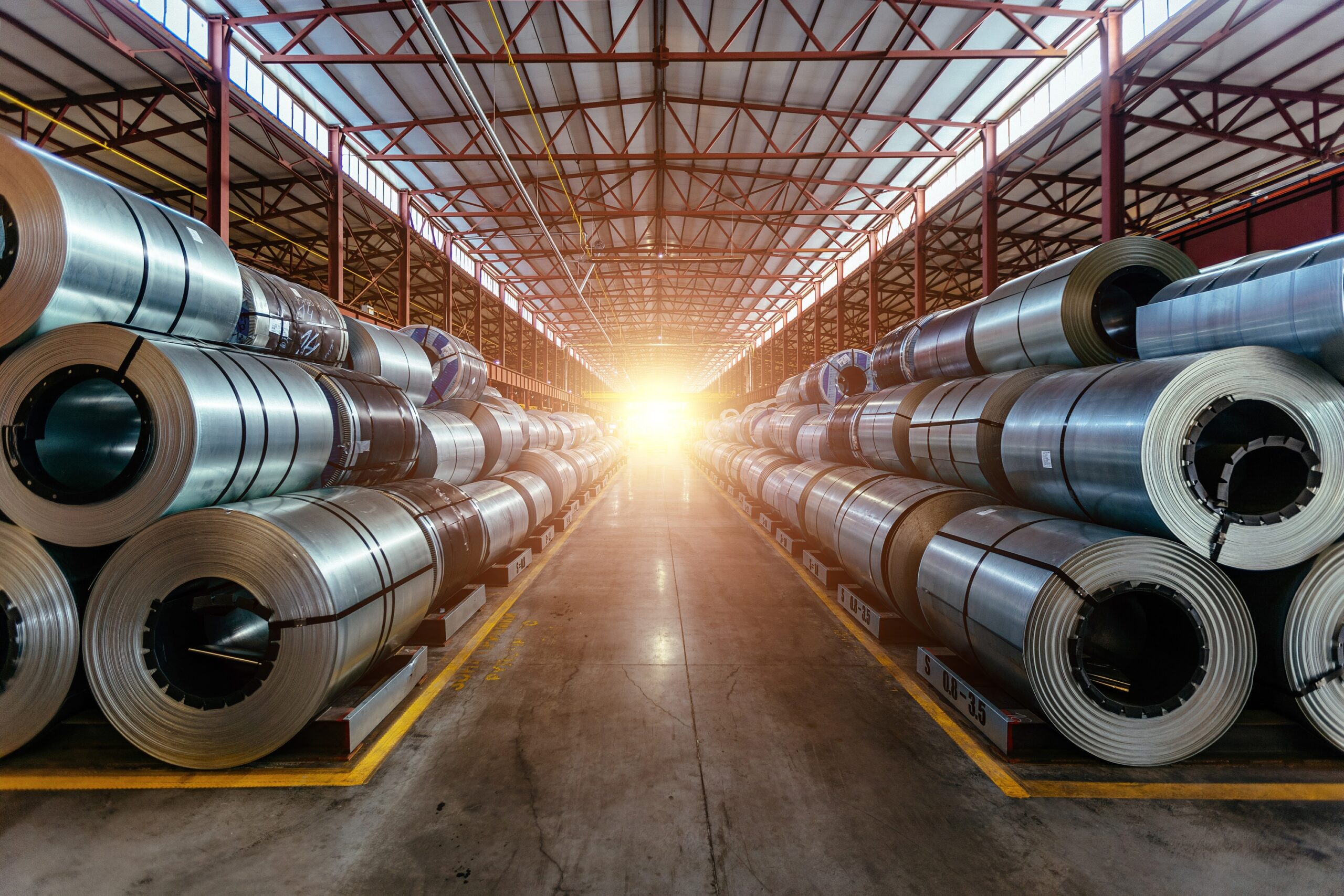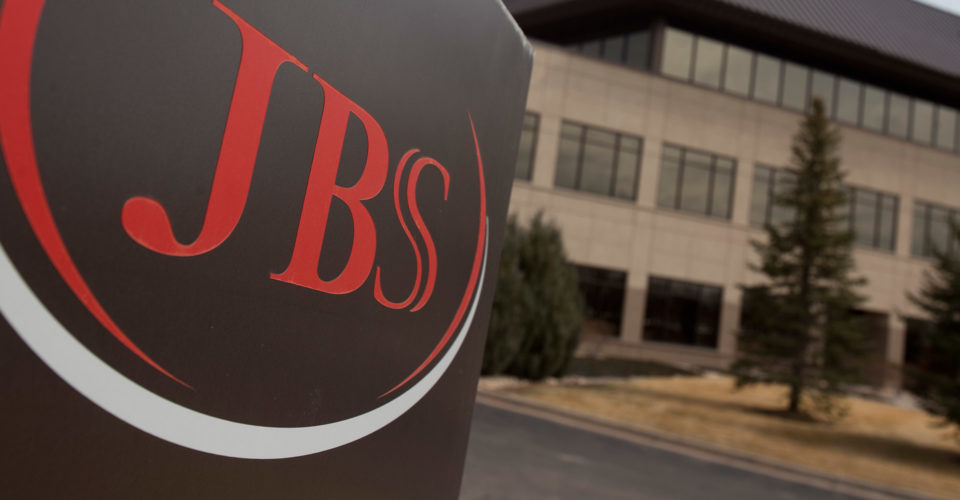
Blog: Mighty Earth Publishes Report on Dangers of Petcoke in Aluminum Production
By Matthew Groch, Senior Director of Heavy Industry
“Dust is everywhere, and we’ve had more childhood asthma and adult bronchitis in this area than we did in the past.”
– Resident in Louisiana living near piles of petcoke
Petroleum coke, more commonly known as petcoke, is essential in the production of aluminum, at least according to companies reliant on antiquated coal-powered technologies. In reality, this is far from the truth. Technology now exists to remove petcoke from aluminum production using inert anode technology. Combined with the use of hydropower and investment into greener electric grids, aluminum production can be made completely without petcoke and greenhouse gas emissions.
Petcoke is a byproduct of the oil refining process, often produced when bitumen from tar sands is refined into crude oil. When low-grade petcoke is burned, it can be more environmentally detrimental than coal, negatively impacting local air quality by releasing typical pollutants. This could lead to pulmonary inflammation, increasing the risk for cancer and other debilitations. Even worse, petcoke is often found near poorer communities, where residents have few resources to move or even obtain healthcare.

The E+ Group: Inert Anode: Committed to Low Carbon Future. July, 2021 Link
In Port Arthur, Texas, the Environmental Protection Agency stated that a large facility produced “anode and industrial calcined petroleum coke and is one of the highest emitters of sulfur dioxide (“SO2”) in Texas…West Port Arthur is a low-income, minority neighborhood which has long been subject to high levels of air pollution from nearby major industrial facilities.”
Residents living in Chicago, Illinois faced a similar battle several years ago when piles of petcoke near Chicago’s Calumet River would darken when it was windy. At a government meeting, local residents stated that the petcoke dust “collects on homes and cars. It prevents people from being able to enjoy outdoor spaces. It impedes economic development. It doesn’t bring in jobs. It precludes other industries and nice things like shops and cafés from moving into the Southeast Side.” And now, U.S. companies are exporting large quantities of petcoke dust to China, hoping to profit while Chinese aluminum producers pollute their local and neighboring communities.
Fortunately, aluminum can be produced with new technology, like inert anode technology, that removes the use of petcoke in aluminum production. Some companies have already adopted the new technology, and it is expected to be more commercially available by 2024.
Read our recent report here: [link]


